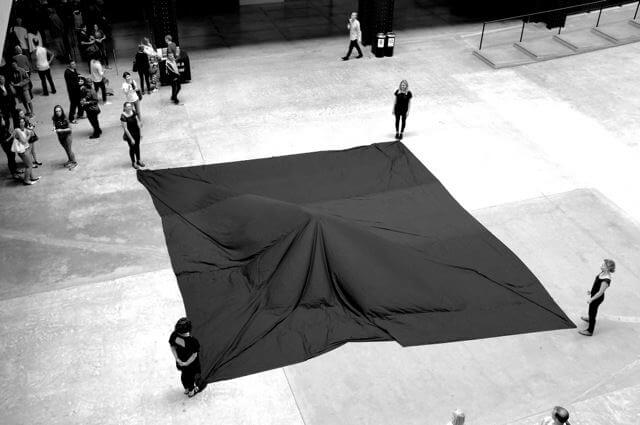Why do BP and Shell need cultural institutions (Tate, British Museum, National Portrait Gallery), consumer brands (Lego, Waitrose) and universities?
The simple answer is so that the rest of us think we need them. As the Tate’s lawyer explained BP’s sponsorship,
if they didn’t think they were getting something out of it, they wouldn’t do it
The industry calls what they get a “social license to operate”. Demonstrating the results of successful license-generation, the former head of the Science Museum argued to the Guardian that Shell is beyond criticism because we all need energy:
It is all too easy to demonise the oil companies, but demanding this kind of disengagement is just too simplistic. It’s also hypocritical because we wouldn’t be able to live the lives we take for granted without the supply of energy these companies provide us.
But this week the consensus that oil companies are indispensable is looking ever more shaky.
Glasgow goes fossil-free
The University of Glasgow became the first in Europe to decide to sell off fossil fuel shares from its endowment. Official statement:
The University recognises the devastating impact that climate change may have on our planet, and the need for the world to reduce its dependence on Fossil Fuels. Over the coming years we will steadily reduce our investment in the fossil fuel extraction industry, while also taking steps to reduce our carbon consumption.
A university Fossil Free campaign made this possible and many more university groups for divestment are on their way. But many universities have battles to fight over sponsorship, recruitment, and research funding also.
Lego dumps Shell
On Wednesday Lego announced they would not renew their co-promotion contract with Shell after being targeted by Greenpeace, all the while emphasizing that “Greenpeace ought to have a direct conversation with Shell”. The point, of course, is that Shell’s web of social licence ties is there to prevent “direct conversation”. They present the company to consumers, journalists, officials, you name it, through the lens of another, uncontroversial brand. Here is the rest of the campaign story as told by Greenpeace, and the video that won.
Up next: Science Museum and Tate
Yesterday the former head of the Science Museum Chris Rapley gave a pretty revealing statement in response to the Lego announcement. Like @BenAyliffe says…
shows true value of this sponsorship to the likes of @Shell – provides unwarranted backing for its policies
— Ben Ayliffe (@benayliffe) October 9, 2014
Shell didn’t ask Rapley to speak out (as far as we know) – but there he is.
What’s more, Rapley helpfully draws readers’ attention to the fact that Shell sponsored the Science Museum’s climate change exhibition.
The agreement we signed made absolutely clear that the museum and its expert team retained total editorial control, and Shell not only respected this, but made very helpful inputs.
Telling the story of climate change with “very helpful inputs” from a corporation that also funds groups who oppose climate regulation? Slow clap.
Meanwhile, in a few weeks we will hear if the Information Tribunal will force the Tate to stop keeping secrets over its deal with BP. Could this week’s news mean the tide is turning?
